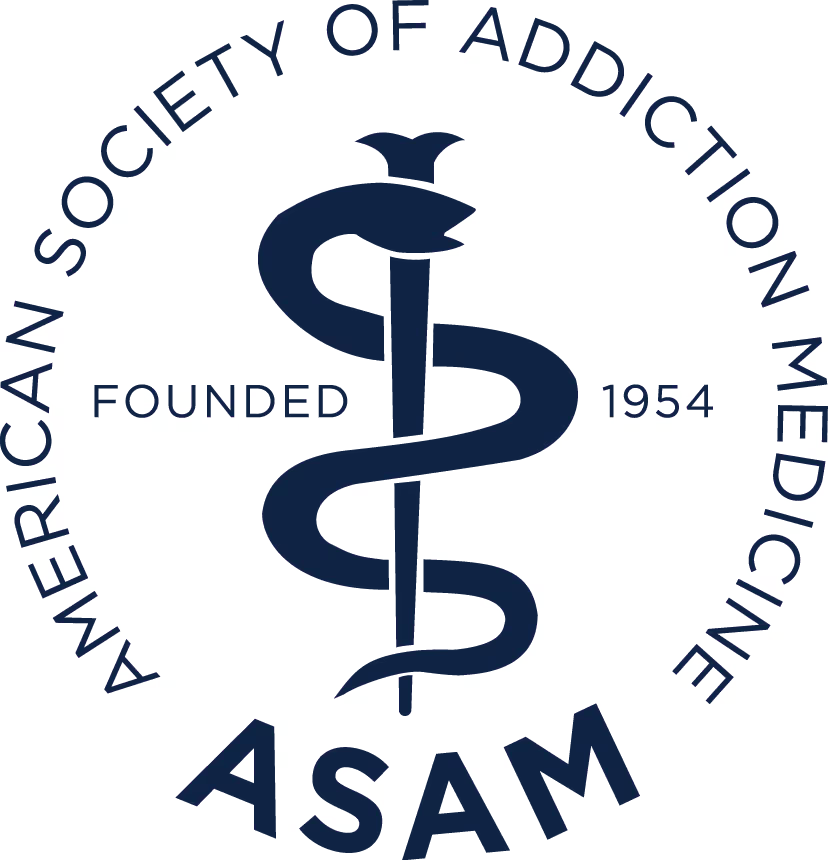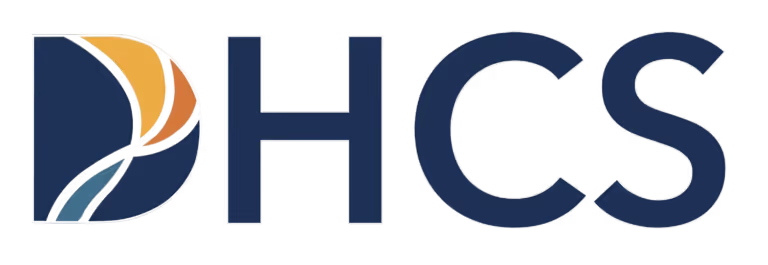Addiction is often misunderstood as a lack of willpower or a personal moral failing. This oversimplification has fueled stigma for decades, keeping countless people from getting the help they need. In truth, addiction is a chronic, relapsing medical condition, similar to diabetes or heart disease, that changes brain chemistry, alters decision-making processes, and rewires motivation systems. These changes create powerful cravings that make simply “choosing to stop” far more complex than it sounds.
Understanding the science of addiction helps explain why professional help, such as the care provided at Regal Treatment, a Los Angeles-based luxury drug and alcohol detox, is often necessary for a safe and lasting recovery.
How Addiction Changes the Brain
Addictive substances don’t just cause short-lived euphoria, they alter the very structure and function of the brain. Over time, these changes make quitting without help incredibly difficult.
1. Reward Pathway Hijacking
Most addictive drugs flood the brain with dopamine, a neurotransmitter linked to pleasure and reward. This overstimulation causes the brain to associate the substance with intense pleasure, far surpassing natural rewards like eating, socializing, or exercising. As a result, normal activities lose their appeal, and the brain becomes fixated on repeating the drug experience.
2. Tolerance Development
As drug use continues, the brain adapts by producing less dopamine or reducing the number of dopamine receptors. This means that over time, a person must consume more of the substance to achieve the same effects. The pursuit of that original “high” drives increased use, deepening dependency.
3. Impaired Judgment
Chronic substance use affects the prefrontal cortex—the area of the brain responsible for decision-making, impulse control, and long-term planning. With diminished function in this region, resisting cravings becomes significantly harder, even when someone logically understands the consequences.
Why Willpower Fails Alone
Willpower can play a role in recovery, but relying on it as the sole strategy ignores the powerful neurochemical forces at play. Once addiction takes hold:
- Brain Chemistry Is Altered – The balance of neurotransmitters is disrupted, affecting mood, motivation, and impulse control.
- Withdrawal Symptoms Can Be Severe – For some substances, withdrawal can cause extreme discomfort or even be life-threatening.
- Cravings Are Physiological, Not Just Psychological – They stem from real, measurable brain changes that willpower alone cannot reverse.
Studies show that relapse rates are significantly higher for individuals who attempt to quit “cold turkey” without professional support. This isn’t a sign of weakness—it’s evidence of addiction’s power over brain and body function.
The Role of Professional Addiction Treatment
Effective treatment for addiction goes far beyond stopping drug or alcohol use. It addresses the underlying brain changes, teaches coping strategies, and helps clients rebuild healthy, meaningful lives.
At Regal’s residential treatment center, care is personalized and evidence-based, focusing on three key pillars:
1. Medical Stabilization During Detox
Withdrawal is often the most physically demanding stage of recovery. Our clinical team uses FDA-approved medications, hydration therapy, and continuous monitoring to stabilize clients’ brain chemistry and minimize discomfort.
2. Psychological Support
While the brain is healing, therapeutic interventions help address the root causes of addiction, whether they stem from trauma, mental health conditions, or environmental stressors. Evidence-based approaches such as Cognitive Behavioral Therapy (CBT), Dialectical Behavior Therapy (DBT), and Motivational Interviewing are used to equip clients with practical coping skills.
3. Holistic Healing
Addiction affects the whole person, mind, body, and spirit. That’s why we integrate holistic services like mindfulness training, yoga, nutritional counseling, and fitness programs to support full-spectrum recovery.
How Science-Based Treatment Rewires the Brain
While addiction rewires the brain in harmful ways, recovery-oriented treatments can encourage the brain to form new, healthier neural pathways. This process is known as neuroplasticity.
- Therapy helps individuals identify triggers, challenge distorted thinking patterns, and develop alternative responses to stress.
- Consistent Routine promotes stability, retraining the brain to find reward in healthy activities.
- Nutrition and Exercise help restore physical health, which supports improved brain function.
- Medication-Assisted Treatment (MAT) can regulate brain chemistry and reduce cravings, giving clients the clarity they need to engage in deeper therapeutic work.
This combination of medical and behavioral interventions addresses both the symptoms and the root causes of addiction, making long-term recovery far more achievable.
The Danger of “Going It Alone”
Attempting to recover without professional care often leads to:
- Relapse – Without tools to handle cravings, most return to substance use.
- Medical Complications – Unsupervised withdrawal from substances like alcohol, benzodiazepines, or opioids can be life-threatening.
- Psychological Distress – Untreated anxiety, depression, or trauma can derail recovery efforts.
A structured program like the one at Regal Treatment removes these risks by creating a safe, supportive, and medically supervised environment from the very first day.
Why Willpower Still Matters… but is Not Enough
While willpower alone may not be enough to overcome addiction, it’s still an important part of recovery. The decision to seek treatment, engage in therapy, and make lifestyle changes requires motivation and determination. But to be truly effective, that willpower must be paired with professional treatment that addresses the physical, mental, and emotional dimensions of addiction.
Think of it like repairing a car engine: determination might get you to the garage, but it’s the skilled mechanic with the right tools and knowledge who makes the repair possible.
Feel free to reach Regal Treatment at 818-533-9993 or fill out our Contact Us form online to learn more about our facility and addiction treatments for yourself, a loved one, a friend, or a colleague. We offer free insurance verification that will determine your exact insurance coverage. All communications are always 100% confidential.
.png)
.png)
.png)
.png)
.png)
.png)
.avif)


